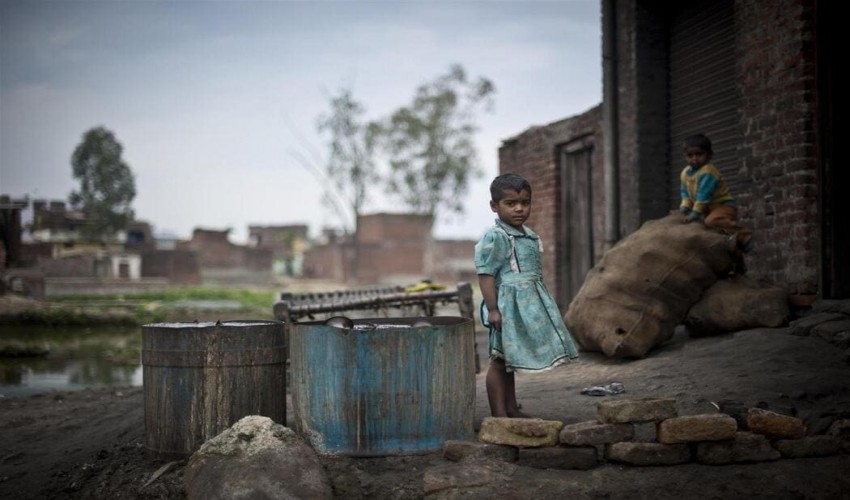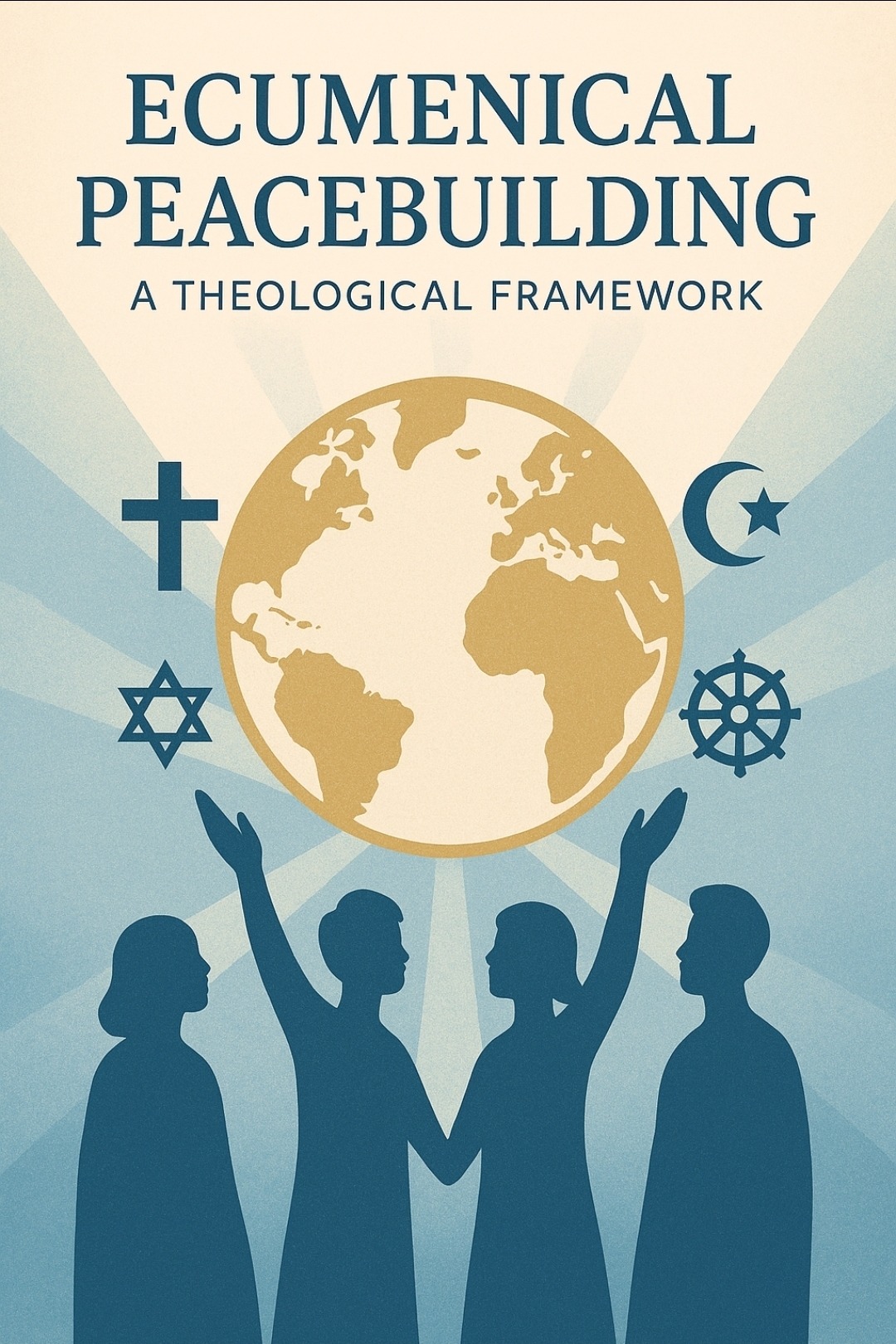Religious Studies
5
The Social Competence of the World's Poorest Adolescents are "Severely Ruptured," According to the COVID-19 Virus.
- Rating
- youngsters
- schools
- students
- kids
- poorest
- education
- After the epidemic, children in elementary schools had less self-assurance and found it more challenging to establish new acquaintances.
- Students in two related studies, totaling over 8,000 elementary school students, were found to have lost the equivalent of at least one-third of a school year's worth of knowledge due to lockdowns.
For some of the world's poorest children, the COVID-19 epidemic has "severely disrupted" their social and emotional development, along with their scholastic advancement, according to new findings.
Researchers in Ethiopia analysed data from over 2,000 primary school students and discovered that during school closures, children's social and emotional development, including their capacity to establish friends, not only slowed but likely regressed.
Young people who, before the epidemic, had little problems striking up conversations with strangers or making friends quickly, were less likely to do so by 2021. It seems that the educationally disadvantaged, such as females, the extremely poor, and those living in rural regions, have been hit the worst.
Findings of delayed academic growth were replicated in a second study of over 6,000 elementary school students in grades 1 and 4. Researchers estimate that children missed the equivalent of a third of a school year's worth of learning due to lockdowns. Some data suggests that the decline in social skills may be related to the widening of the achievement gap between disadvantaged students and their peers.
Academics from Addis Ababa University in Ethiopia and the University of Cambridge in the United Kingdom conducted the two studies.
University of Cambridge Professor Pauline Rose, who heads the Research in Equitable Access and Learning (REAL) Centre, stated, "COVID is having a long-term effect on children worldwide, but notably in lower-income nations." Assistance programmes and government spending on education should prioritise helping the most disadvantaged students improve their academic performance and social and emotional well-being.
"These serious ruptures to children's developmental and learning pathways underscore how much we need to think about the influence on social, and not just academic abilities," stated Professor Tassew Woldehanna, President of Addis Ababa University. Both of these issues must be addressed in tandem in remedial education.
Data from Ethiopia's RISE programme (Research on Improving Systems of Education) was utilised in both studies to contrast elementary education in the year before the pandemic (2018/19) with the year after (2020/21).
Researchers in the first study compared the math exam results of 2,700 fourth graders taken in June 2019 to those taken soon after students returned to class in January 2021. A percentage of students who stopped attending classes was also recorded. The students also filled out the Children's Self Report Social Skills scale, which asked them to rate how much they agreed with phrases such "I feel secure talking to people," "I make friends easily," and "If I harm someone, I say sorry."
In the second study, researchers compared the numeracy skills of students in grades 1 and 4 to see how far they had come since the outbreak. The first group is from the year before the pandemic, while the second is from the year 2020/21.
Students seem to have made some academic improvement during the shutdown, but at a slower pace than was anticipated, according to the data. One year later, towards the conclusion of the 2020/21 school year, the disparity between the two groups' average fundamental numeracy scores had grown to 19 points. Students in Grade 4 began the 2020/21 school year 10 points behind their predecessor cohort and ended it 12 points behind. That disparity was equivalent to making 1/3 as much development in a year. Examining children's numeracy performance both before and after the shutdown revealed similar trends.
Students from low-income families and rural areas had the worst academic outcomes. There were also problems with retention, as almost a tenth (11.3%) of the 2,700 students evaluated in 2019 and 2021 dropped out of school during the shutdown. Girls and students from lower-income or rural backgrounds were overrepresented among these students, who generally fared worse academically.
During the time of closure, students' social skills dropped across the board, regardless of gender or geography. When asked in 2021 if they agreed with statements like "Other people like me" or "I make friends easily," fewer youngsters agreed. Different groups of people showed varying degrees of loss in positive reactions; those living in rural areas showed the greatest drop. It's possible that this is the result of increased isolation felt by kids in rural areas during the lockdown.
The absence of a predicted link between the 2019 and 2021 outcomes is the most dramatic indication of a break in socio-emotional development. Even students who were comfortable interacting with their peers before to the epidemic often rethought their views after the event.
Scientists think a decline in academic performance may have a knock-on effect on a person's social and emotional growth. In 2021, children who performed better academically also reported greater social competence. There is some evidence that children's academic success boosts their feelings of competence and self-worth, and that prosocial actions have a favourable effect on their academic performance, albeit this correlation does not show causation. Since schools were closed, it's likely that this positive reinforcement was really negative.
Both results reflect prior studies that emphasise the need of investing in specific programmes for females, children from rural areas, and the poorest students in lower-income nations like Ethiopia so that they do not fall behind. Supporting people who are not in school may be necessary in addition to in-school catch-up programmes. The Complementary Basic Education programme in Ghana is one example of what may be done.
Leave a Reply
Your email address will not be published. Required fields are marked *


